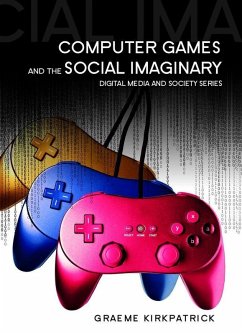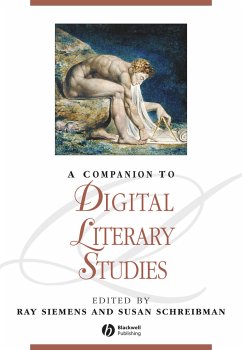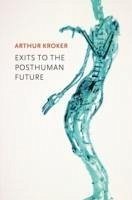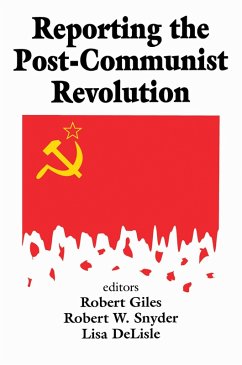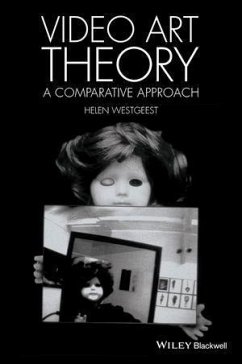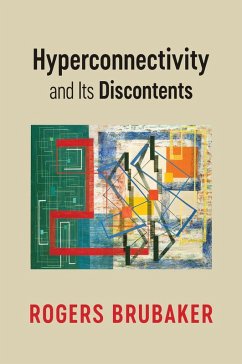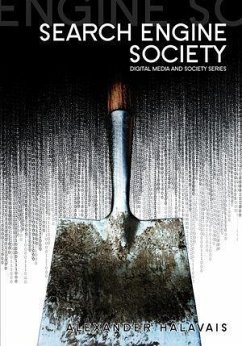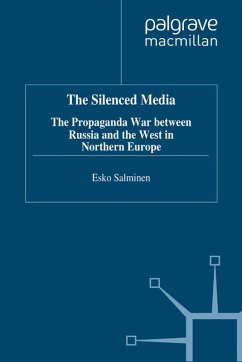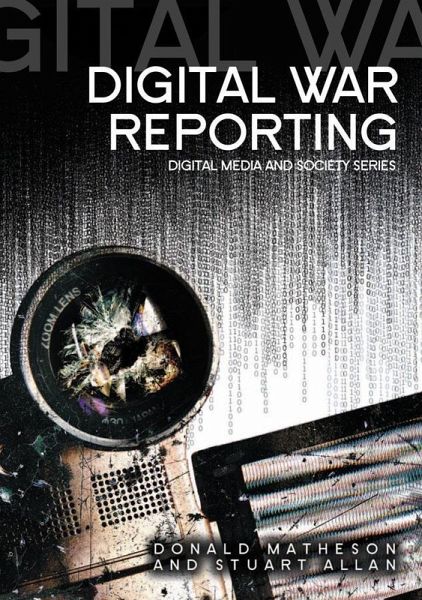
Digital War Reporting (eBook, PDF)
Versandkostenfrei!
Sofort per Download lieferbar
20,99 €
inkl. MwSt.
Weitere Ausgaben:

PAYBACK Punkte
0 °P sammeln!
Digital War Reporting examines war reporting in a digital age. It shows how new technologies open up innovative ways for journalists to convey the horrors of warfare while, at the same time, creating opportunities for propaganda, censorship and control. Topics discussed include: How is the role of the war reporter evolving as digital technologies become ever more prominent? What is the rhetoric of war in digital journalism? How does an emphasis on liveness, immediacy or realness shape public perceptions of the nature of warfare itself? Is technology widening the gap between 'us' and 'them', o...
Digital War Reporting examines war reporting in a digital age. It shows how new technologies open up innovative ways for journalists to convey the horrors of warfare while, at the same time, creating opportunities for propaganda, censorship and control. Topics discussed include:
A key focus is journalists' use of digital imagery, real-time video and audio reports, multimedia databases - as well as satellites, broadband, podcasting, and mobile telephones - in the reporting of a range of wars, conflicts and crises. The examples analysed range from 24-hour television news coverage of the Persian Gulf War, the first 'internet war' in Kosovo, digital photography, from September 11 to Abu Ghraib, and bloggers in Iraq, including journalists, soldiers and ordinary citizens.
Digital War Reporting is required reading for students, researchers and journalists.
- How is the role of the war reporter evolving as digital technologies become ever more prominent?
- What is the rhetoric of war in digital journalism? How does an emphasis on liveness, immediacy or realness shape public perceptions of the nature of warfare itself?
- Is technology widening the gap between 'us' and 'them', or are new kinds of empathy being established with distant others as time, space and place are effectively compressed?
A key focus is journalists' use of digital imagery, real-time video and audio reports, multimedia databases - as well as satellites, broadband, podcasting, and mobile telephones - in the reporting of a range of wars, conflicts and crises. The examples analysed range from 24-hour television news coverage of the Persian Gulf War, the first 'internet war' in Kosovo, digital photography, from September 11 to Abu Ghraib, and bloggers in Iraq, including journalists, soldiers and ordinary citizens.
Digital War Reporting is required reading for students, researchers and journalists.
Dieser Download kann aus rechtlichen Gründen nur mit Rechnungsadresse in D ausgeliefert werden.




